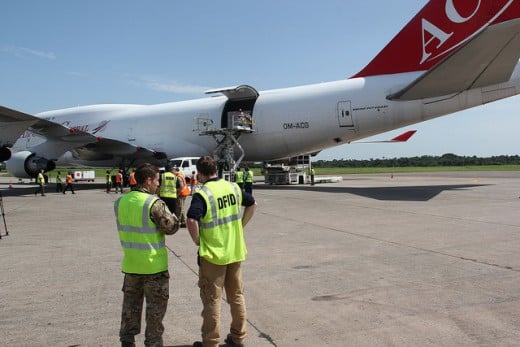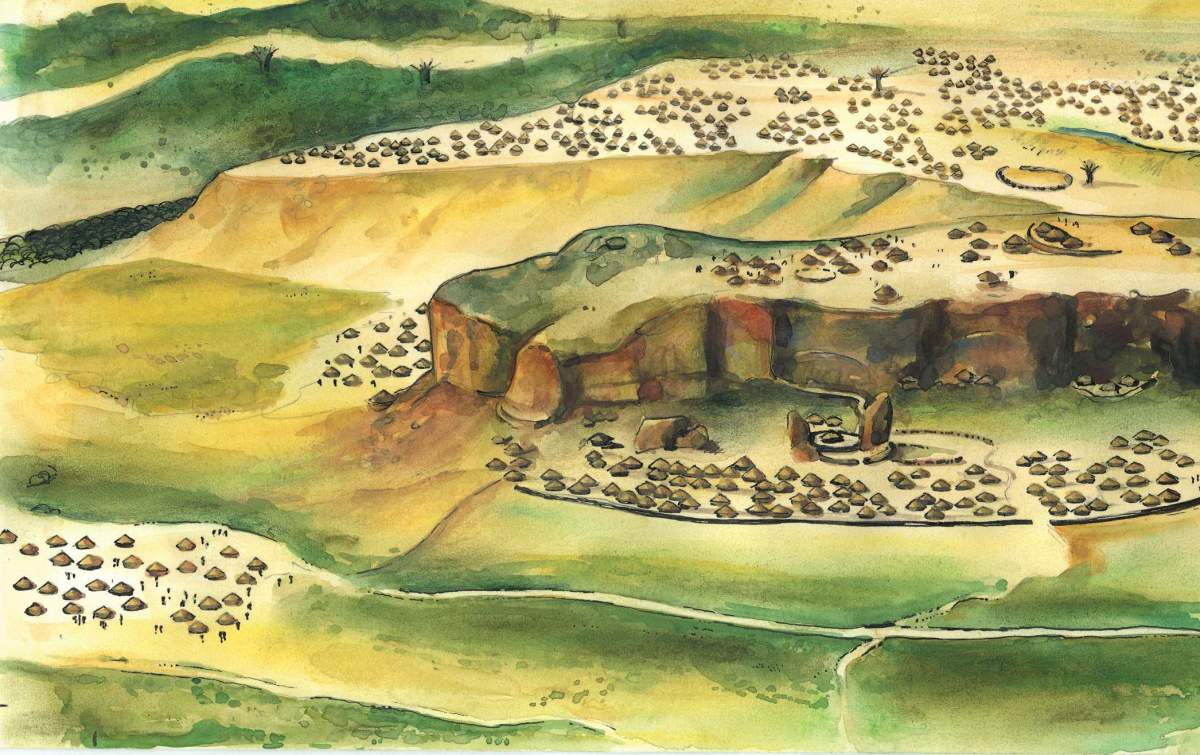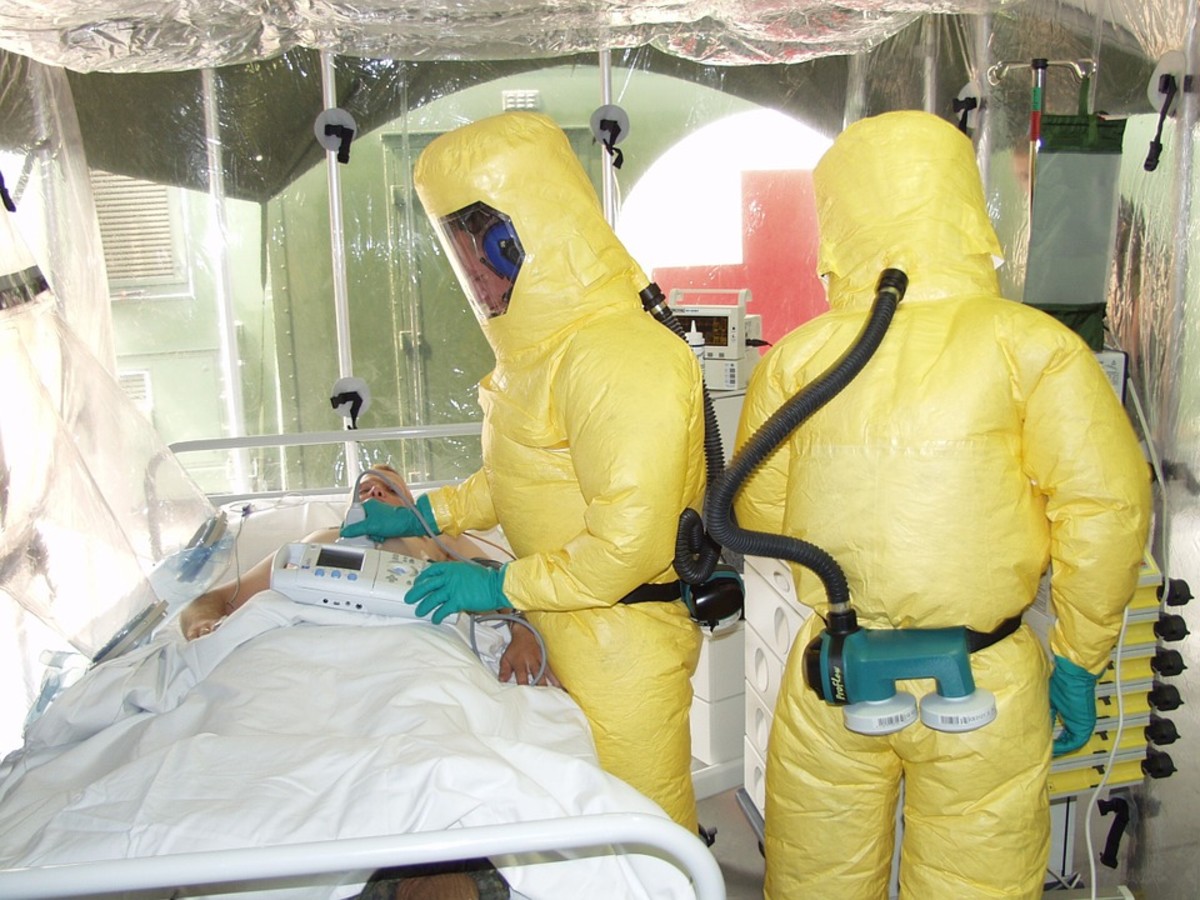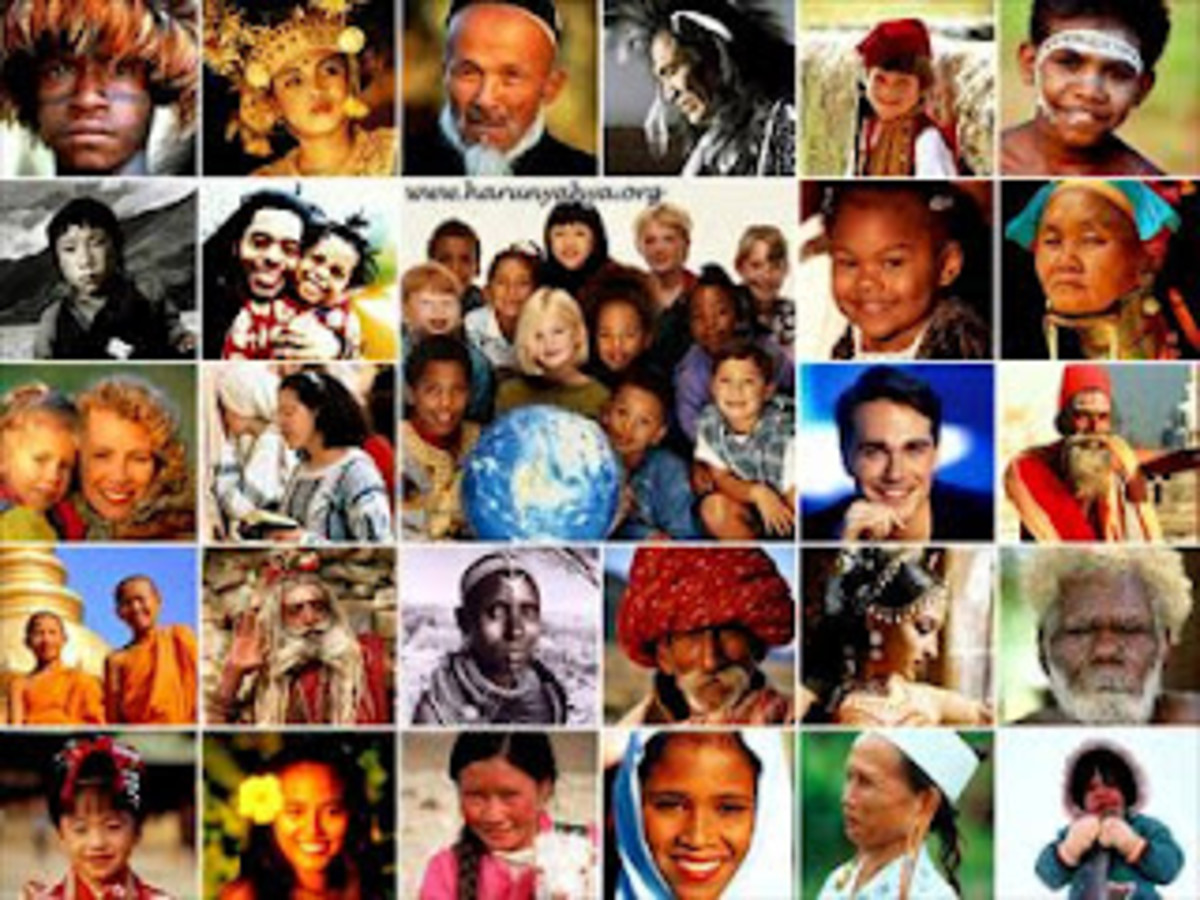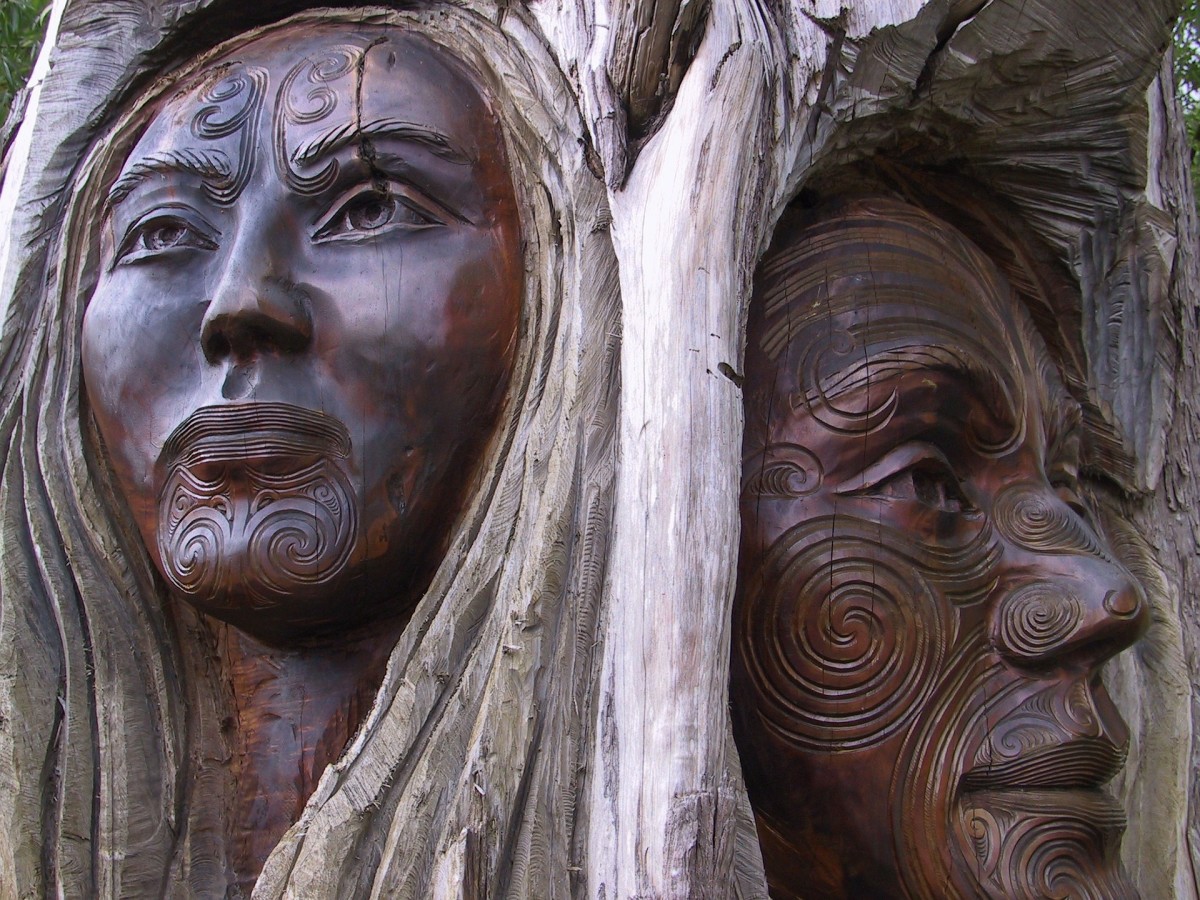Ebola, Cultural Practices and Burial Dilemma
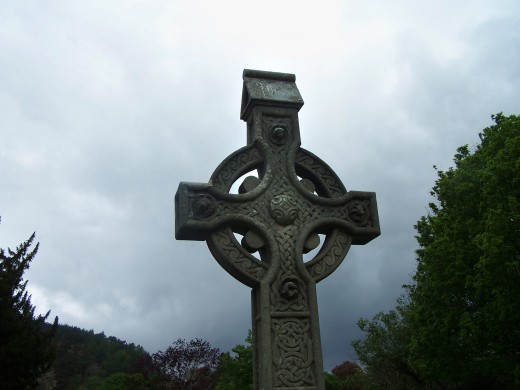
Ebola Burial and Cultural Erosion
It is said that adults are but big children and will ultimately weasel their ways around authority and protocol or instruction, once the opportunity presents itself. But when we have a deadly disease such as Ebola on the loose; and people reportedly paying to keep their dead or hiding their sick in a bid to keep the body if they die, we are indeed in trouble.
A Long Way To Go In The Fight Against Ebola
The numbers are continuing to rise although by some stroke of luck and obvious camaraderie, Nigeria has successfully fought the Ebola virus. There is yet nothing to celebrate as America’s numbers continue to climb, albeit few and far between in comparison to the likes of countries in West African countries such as Liberia and Sierra Leone which are to date among the hardest hit.
Compounding The Problem
It is Liberia and Sierra Leone which are the points of my contention today. As I helplessly watch the news each day, I wonder what each layman can do to ward off this dreaded disease and what these poor frightened people are doing which might be compounding the problem.
I am led to pictures of health workers going door to door in a bid to find hidden Ebola victims and signs of caution as well as countless deaths in the streets. One can’t help but wonder when pictures of the dead being buried emerge. Why are they not cremating these people? If you dig deeper (no pun intended), you will be led to cultural practices among other explanations.
From Rich Burial Culture To Unmarked Graves
The people of Liberia; like other West African countries and their descendants have a bond with their dead and cultural practices which make them want to keep their dead. But this is not a walk in the park and should by NO means be the decision of a few, especially as the welfare and survival of nations hang in the balance!
With solutions in mind, there is also great concern for the loved ones of a burial culture-rich people who are now being told that their loved ones who are normally washed and dressed after death and honoured at the gravesides or cemeteries on New Years’ Day, will be buried in UNMARKED graves! This really does seem like a bit much!
A Safe Alternative Is Needed
Why can’t the bodies be burnt (though not culturally supported either) then returned for burial at home or/and receive known burial spots or cemeteries where families can return to honour them, as is customary? If we are to fight this disease, there must be a (safe) half-way meeting point so that people will be willing to comply!
My other point of contention is with regards to medical practitioners and health workers who are increasingly being placed at risk of infection each day, even as they wear protective gears and don disinfectant canisters.
Can't Survivors Help In The Fight?
What is being done by the workers in the streets doesn’t need a medical degree; AND those who beat the disease are now said to be immune to it! Why then are the survivors not being asked to help in the fight against the virus? It only makes sense if they really are immune!
Should the survivors be used to help in the fight, less health workers will be at risk; likewise, houses can be searched more safely by survivors while needed health workers attend to their other job functions. Of course I am by no means a health professional and could be wrong, but that’s my perspective as we try to keep this disease off our shores.
Preventative Measures
In the meantime, now is as good a time as any to practice proper preventative measures even as we hope the Ebola virus stays away and that it is soon eliminated in West Africa and other affected countries.
- Avoid handshakes and hugs as forms of greeting strangers: yes it sounds drastic, but prevention beats cure
- Keep hand sanitizers handy and wash hands often, preferably from the elbow as doctors do
- Avoid unnecessary travelling; especially to affected countries
Like I said before, I am no health expert, but we all need to play our part in the fight against this Ebola madness, even as other incidences of the disease are being reported in other cuntries.
Knowledge Is Power
Preparation Is The Key

Would You Be Comfortable With Your Loved One Being Buried In An Unmarked Grave?
